reader comments
121 with 80 posters participating
On May 9, Meta will double down on its metaverse sales pitch by… making people drive to California to sample its wares at a single physical location.
The uncreatively named Meta Store will showcase every physical product the company sells under its various branded umbrellas, particularly the Meta Quest 2 VR system (formerly Oculus Quest 2). The company’s first retail store will be housed in a 1,550-square-foot space on Meta’s Burlingame, California, campus, which houses a number of Meta’s VR- and AR-specific development efforts, and it will allow the public to test and purchase any of Meta’s physical products.
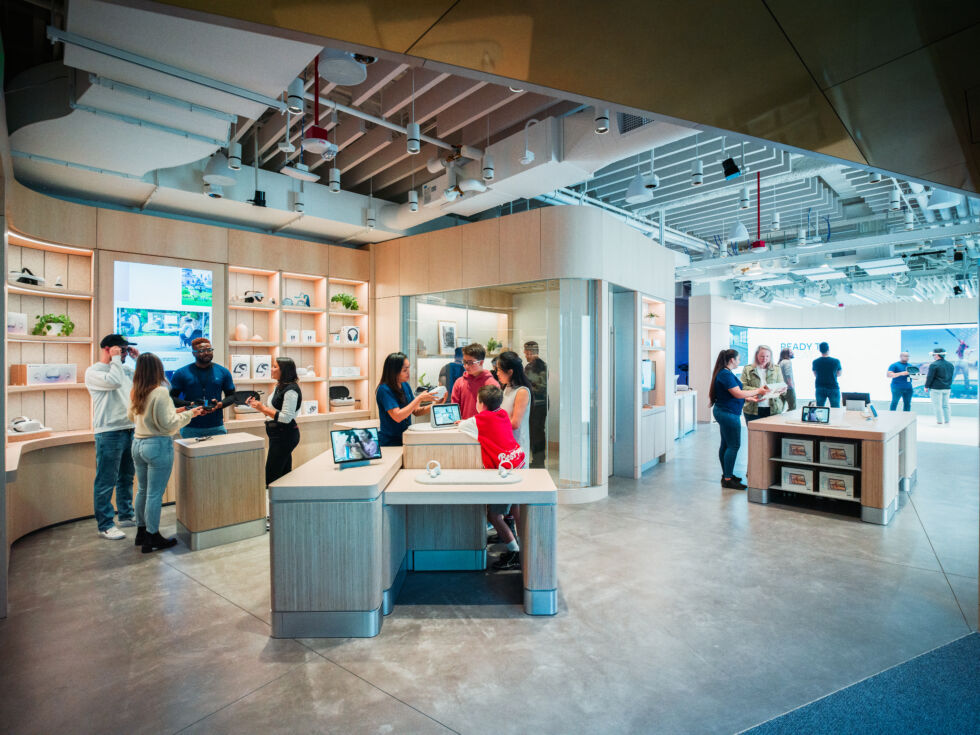
But it’s not a comprehensive Meta sales location, as its shelves will not include access to the reams of user data accumulated by the company’s network of criss-crossed sites—though we’ll keep our eyes peeled in case the Meta Store decides to unveil a Cambridge Analytica-themed aisle in the future.
Mixed reality, mixed expectations
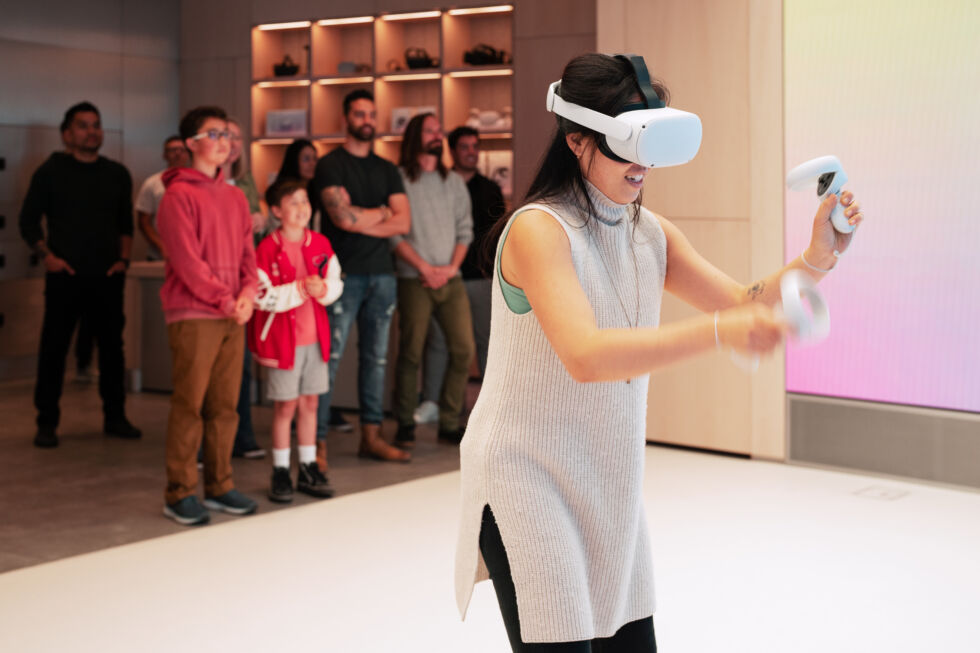
Instead, visitors can try out a variety of games and apps on Meta Quest VR systems—complete with a “demo wall” that showcases what the VR user sees to anyone outside of the headset. This demo station will include mounted cameras that capture the gameplay session, then combine real and virtual footage in a 30-second “mixed reality” video clip that the user can access (assumedly with some sort of Meta-affiliated login required to view later).
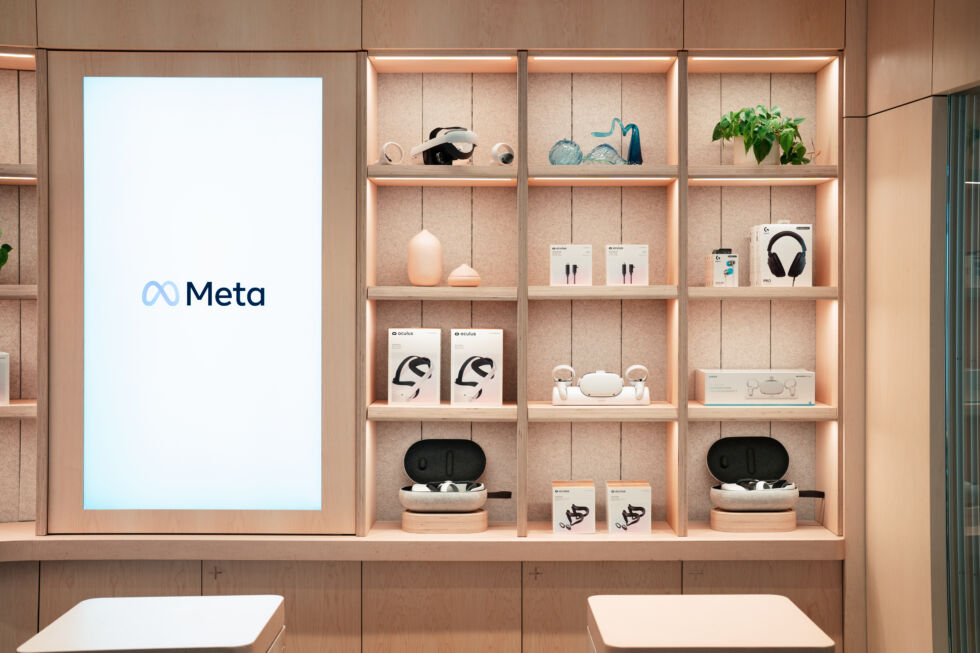
As of press time, the other products expected at the Meta Store include a series of camera-loaded Ray-Ban shades and the Portal video-call system. Weirdly, if you demo the Ray-Ban Stories line of glasses at the Meta Store and want to buy your own, Meta reps at the store will tell you to log in to Ray-Ban.com to complete a purchase. Thus far, the teased store launch doesn’t indicate any additional products being sold beyond Quest 2 accessories, as opposed to the smorgasbord of third-party products found at your average Apple Store.
Meta reps did not immediately clarify to Ars Technica whether this store concept may expand beyond the company’s own campuses and into dedicated storefronts or malls.
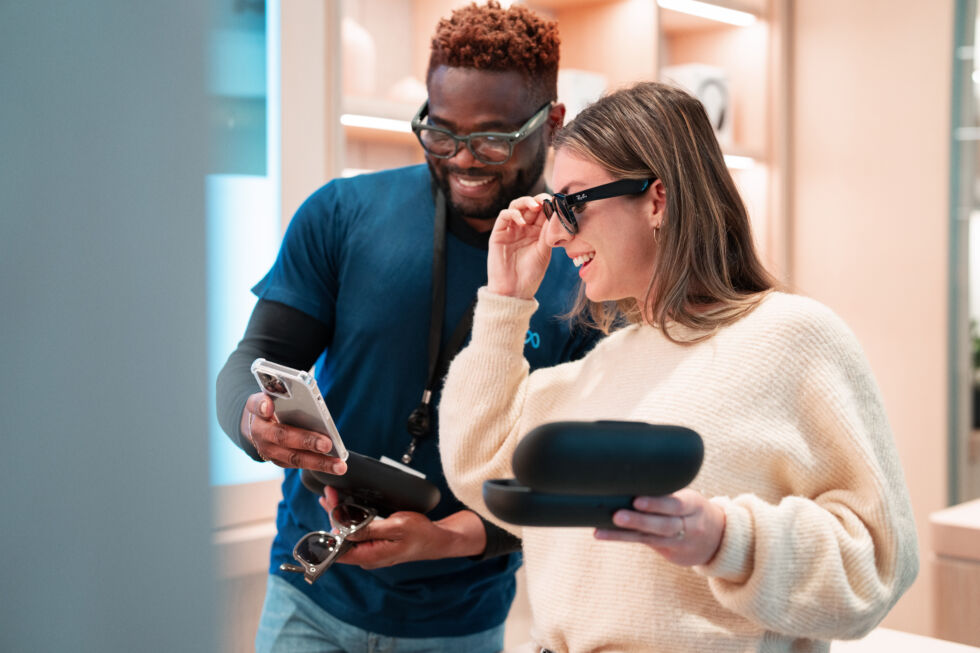
In the earliest days of Facebook’s foray into VR, the company generally leaned on brick-and-mortar chains like Best Buy to do exactly what the Meta Store is advertising: hosting demo stations so that customers could sample the PC-focused Oculus Rift platform. This demo network shrank nearly 50 percent within a year, apparently due to slow uptake.
Meta’s device-focused boutique store follows other tech magnates’ moves into and out of physical presences. Months into the pandemic, Microsoft decided to all but abandon its Microsoft Store concept, leaving only four locations open as “experience centers.” And one of Amazon’s more curious brick-and-mortar concepts, the Amazon Books chain, folded earlier this year—all while the company continues doubling down on camera-filled grocery concepts.


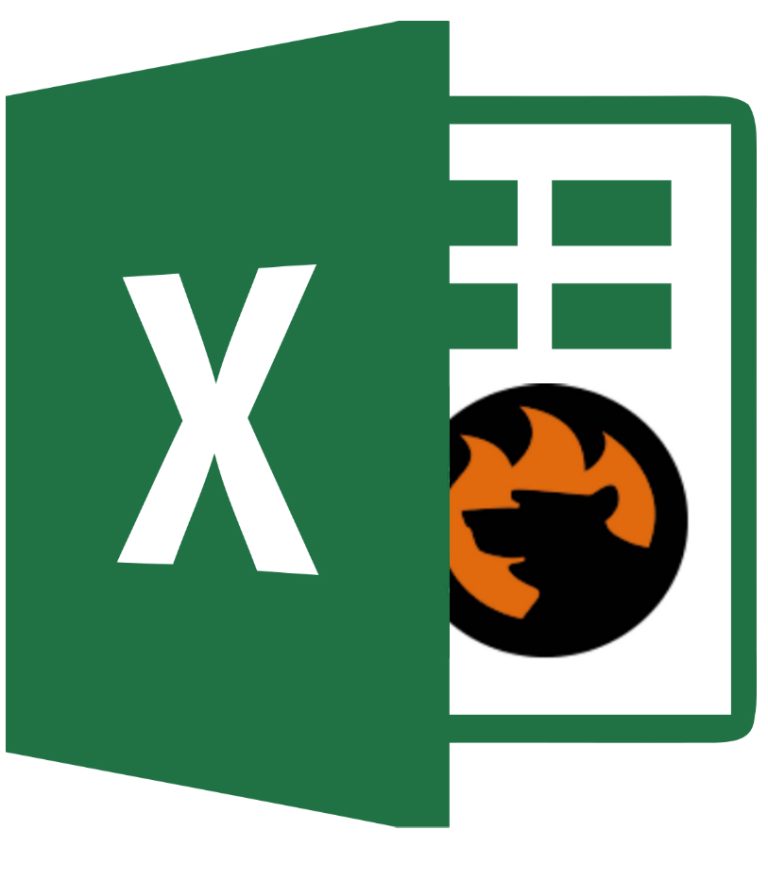
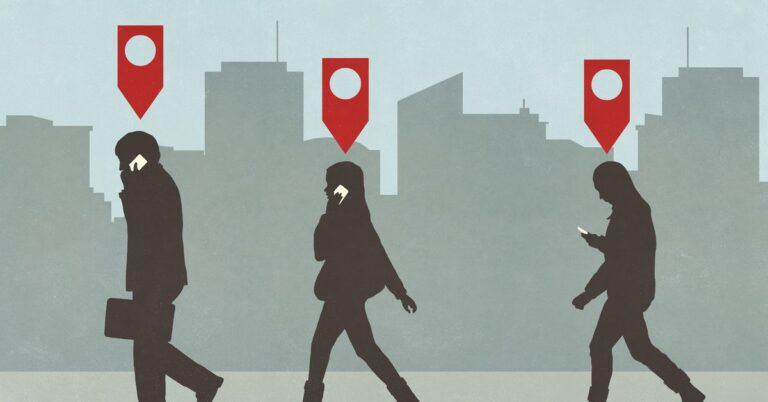


![Hackers exploited 0-day, not 2018 bug, to mass-wipe My Book Live devices [Updated]](https://whowillcare.net/wp-content/uploads/2021/06/hackers-exploited-0-day-not-2018-bug-to-mass-wipe-my-book-live-devices-updated-768x497.jpg)